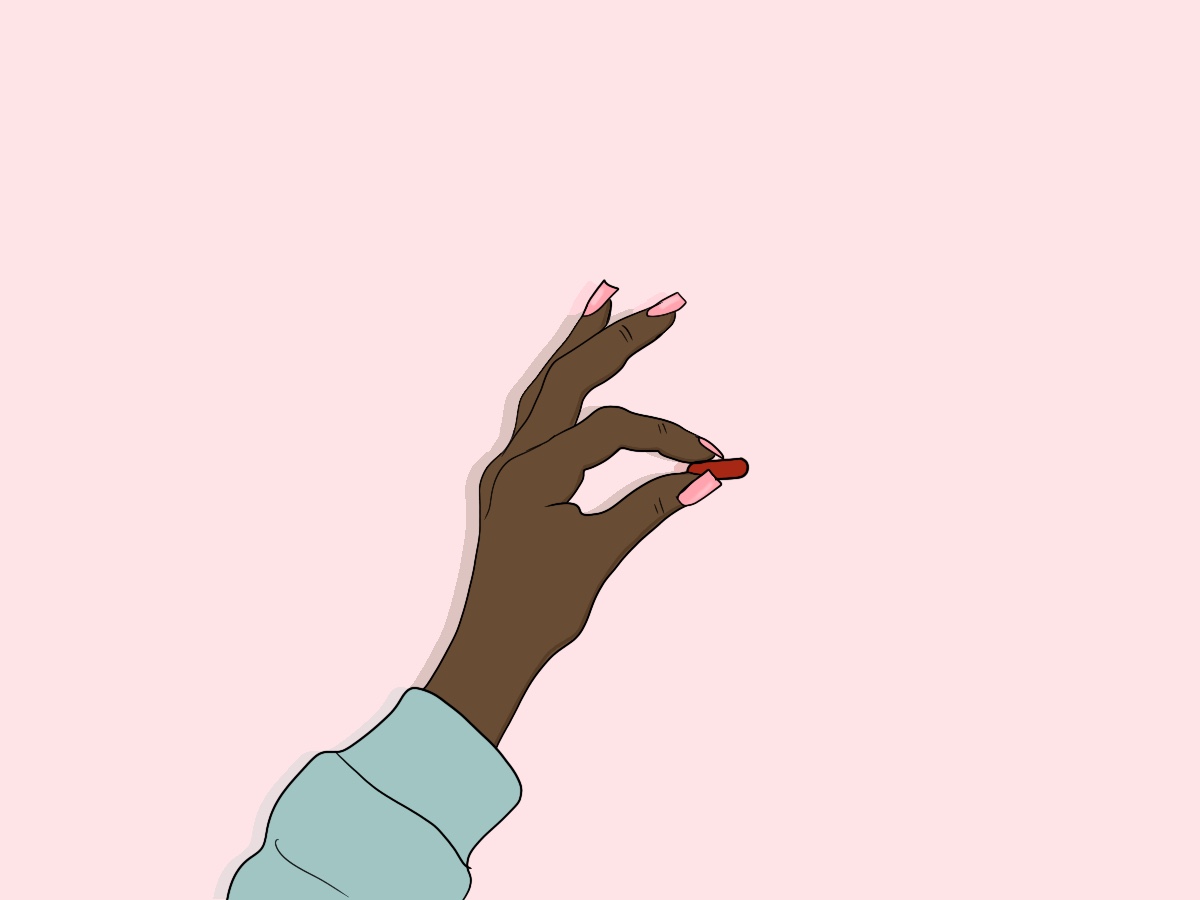Feminist activism has long rested on the hope that the efforts of activists will better the lives of young women of the future. As feminism has become more widespread, young girls are more equipped than ever with the confidence to realise their potential. It seemed as though there was no better time to be a young woman, but has this changed? The rise of social media personality and businessman Andrew Tate in 2022 may have stifled feminist progress. Tate’s social media influence has caused a resurgence of the very views the feminist movement has been fighting. Much of Andrew Tate’s content is truly dangerous. His brand of strong masculinity comes with it, a belief that a woman is a man’s property. Many are in disbelief that views like these would catch on in the modern age, but young boys celebrate Tate to an alarming extent.
Andrew Tate is fast becoming a household name as parents and schools scramble to stifle his influence. The question is, how have these views managed to gain so much traction online despite feminist progress? Tate’s ideas are not new but serve to reflect a larger-scale issue at the heart of social life. So, what does the fallout from this look like, and why does Tate’s rhetoric harm teenage girls specifically?
Tate and ‘The Matrix’
The Matrix is, believe it or not, a fictional sci-fi film franchise, though you’d never know from hearing Tate talk about it. The premise of the films is that humans live in a simulation, and must escape to know the real truth. Victims of the Matrix remain trapped, unable to access this truth. Though fictional, the idea of the Matrix has been present in much political rhetoric, particularly in right-wing discourse. The red pill, a key feature in the films, allows a person to free themselves from the Matrix. Taking the red pill has become synonymous with a right-wing political awakening, with many conspiracy theorists advocating for ‘taking the red pill’ to unlearn the ways of the ‘leftist establishment’.
Speaking to its sexist origins, the term was first used by the men’s rights group TheRedPill Reddit community, which aimed to expose the dangers of feminist ideology. In doing so, they often made reference to violence against women, sometimes actively encouraging it.
Given his belief in the Matrix, Tate is hugely sceptical of mainstream media, politics and the law, labelling them as ‘agents of the Matrix’, and himself, a ‘free thinker’. Here, we see the idea of the Matrix as crucial in the sharing of misogynistic ideas online. Tate’s brand of hyper-masculine luxurious lifestyle compliments his claims to have escaped the Matrix, and highlights the way sexism plays a huge role in his apparent ‘free thinking’. He argues that asserting masculine power is crucial and that the Matrix has caused a crisis of masculinity. Those who claim to have escaped the Matrix, such as Tate, are typically wealthy men. Crucially, they have huge followings on social media, primarily comprised of young boys.
How does Andrew Tate have so much influence?

Social media platforms, such as TikTok and Instagram, use algorithms to target certain audiences with certain content. The content funnelled through these algorithms often reinforces the audience’s held beliefs, creating ideological echo chambers, and facilitating potential radicalisation. Tate’s branding as an ultra-rich businessman, convinces young, impressionable viewers of his credibility. Though many of his views are radical, he hides these amongst messaging that is less so. “Work hard to achieve the life you want”, exists alongside “a woman is a man’s property”. While the latter may seem ridiculous, the former may convince the viewer. Over time, as social media algorithms show viewers more and more of his content, they become less shocked by even his most radical views. Before they know it, they themselves become radicalised.
Andrew Tate is a key figure in the descent of young boys down an alt-right pipeline. Tate’s views, however outrageous, are hugely influential due to both the work of algorithms, and his confident, ‘manly’ delivery style. These aspects work together to target an impressionable demographic. In conversation with my 16-year-old brother, he told me that Tate’s ability to enter the lives of teenage boys was partly due to a lack of male role models. Thanks to algorithms, Tate’s views couldn’t help but influence them, and his branding as a successful businessman made his views appear instrumental to success.
How is this harmful to teenage girls?
Andrew Tate’s content is everywhere and has considerable influence on how young boys interact with girls their age. Many schools have reported an increase in sexist language and harassment of female classmates since Tate’s rise to internet fame. Young girls are impressionable too and female adolescence is already incredibly challenging. Most teen girls know to accept harassment and sexism as a fact of life from a young age. Through Tate’s influence, this violence, whether verbal or physical, can take hold earlier, with boys as young as ten singing his praises.
Harmful gender stereotypes are instrumental to Tate’s brand. He advocates for emotional suppression as the pinnacle of respectable, mature masculinity. When it comes to male role models, there may simply be more bad than good. In my early teen years, we girls were devoted to the polished ‘good guys’ in boybands. Our femininity was affirmed by the hope of being desireable to them. Now, my friends and I look back and laugh at the way we’d go to their concerts with freshly shaved legs at 13.
So when so many young boys parrot Tate’s views, what does it mean when society still demands that young girls be desirable? What bill do they now have to fit? Tate calls ‘females’ the ultimate status symbol. He’s “running around with these b*tches… so everyone knows who the real don is”. Paradoxically, women are both status symbols, and a means for exploitation – on, and off, a pedestal. He lives up to his hate speech too. Tate became even more famous when ‘the Matrix sent their agents‘, to arrest him for alleged sex trafficking. Even so, young boys still advocate for freeing the ‘Top G’.
It’s bigger than simply Andrew Tate…
Ultimately Tate’s ethos, and the idea of the Matrix, are a reflection of the current political era. Tate’s scepticism of mainstream media and politics reflects modern conservatism’s own individualism, and scepticism towards the establishment, though they make up its parts. Not only this, the emphasis of financial success as a vital, almost moral, obligation has allowed for Tate to command a respect he by no means deserves.
Social media has no doubt exacerbated already warped gender relations. Crucially, however, we must not treat social media as the sole issue here. The rise of far-right, misogynist, ‘matrix’ rhetoric, has been facilitated by a society that in many ways actively encourages these attitudes. Tate speaks to an anxiety present in many young boys. He represents a pressure to seem manly, powerful, to feel important, intelligent, and ultimately, to be liked. Tate is unfortunately an embodiment of a merciless, capitalist power, manifesting in a dangerous toxic masculinity. His success as a businessman, and supposed desirability are allegedly proof of his credibility.
Alt-right conspiracy theorists and violent misogyny were once things that existed on the fringe of society, but things have changed. In many ways, there is a very real ‘crisis of masculinity’, but it is wrong to point the finger at women or feminism as its root cause. The individualism and power young men crave are not simply a want to actualise the ideal masculine man. Instead, Tate’s followers wish to embody the perfect capitalist. Why else would women with agency, successful careers and no children, be looked upon by Tate with such disgust? Financial and sexual exploitation of women are crucial to Tate’s success, and there is real potential for Tate to birth a whole new generation of alt-right men, perceiving progress as a problem to be solved.
Find more feminist articles here >
Written by Emily Holditch
Illustrated by Francesca Mariama

